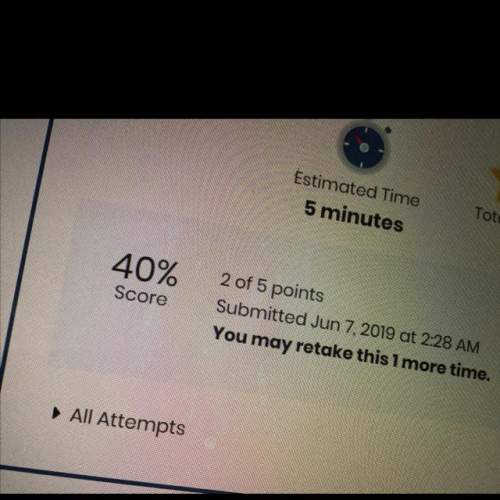
Mathematics, 09.12.2020 07:00 marziel24
For each experiment, determine whether events A and B are independent or dependent. Experiment Events Independent Dependent A hat contains slips of paper with the names of boys and girls in a class. A name is randomly selected and returned to the hat. The slips of paper are mixed. Then another random selection is made. Event A: The first selection is a boy. Event B: The second selection is a girl. A bag contains green marbles and orange marbles. A marble is randomly selected from the bag and set aside. Then another random selection is made from the remaining marbles. Event A: The first selection is a green marble. Event B: The second selection is an orange marble. A deck contains cards labeled through . A card is randomly selected and returned to the deck. The deck is shuffled. Then another random selection is made. Event A: The first selection is a . Event B: The second selection is a . A family has two children. Event A: The older child is a girl. Event B: Both children are girls. A number cube with sides labeled through is rolled twice. Event A: The first roll is a . Event B: The second roll is a .

Answers: 2


Another question on Mathematics

Mathematics, 21.06.2019 18:40
Which of the following represents the range of the graph of f(x) below
Answers: 1

Mathematics, 21.06.2019 20:30
If you are dealt 4 cards from a shuffled deck of 52? cards, find the probability that all 4 cards are diamondsdiamonds.
Answers: 1

Mathematics, 21.06.2019 21:00
You have 12 balloons to blow up for your birthday party. you blow up 1/3, and your friend blows up 5 of them. what fraction of the baloons still need blowing up
Answers: 1

Mathematics, 21.06.2019 21:40
Write the contrapositive of the conditional statement. determine whether the contrapositive is true or false. if it is false, find a counterexample. a converse statement is formed by exchanging the hypothesis and conclusion of the conditional. a) a non-converse statement is not formed by exchanging the hypothesis and conclusion of the conditional. true b) a statement not formed by exchanging the hypothesis and conclusion of the conditional is a converse statement. false; an inverse statement is not formed by exchanging the hypothesis and conclusion of the conditional. c) a non-converse statement is formed by exchanging the hypothesis and conclusion of the conditional. false; an inverse statement is formed by negating both the hypothesis and conclusion of the conditional. d) a statement not formed by exchanging the hypothesis and conclusion of the conditional is not a converse statement. true
Answers: 1
You know the right answer?
For each experiment, determine whether events A and B are independent or dependent. Experiment Event...
Questions





Social Studies, 28.10.2020 01:00



History, 28.10.2020 01:00



Mathematics, 28.10.2020 01:00

Mathematics, 28.10.2020 01:00



History, 28.10.2020 01:00


History, 28.10.2020 01:00


Mathematics, 28.10.2020 01:00





